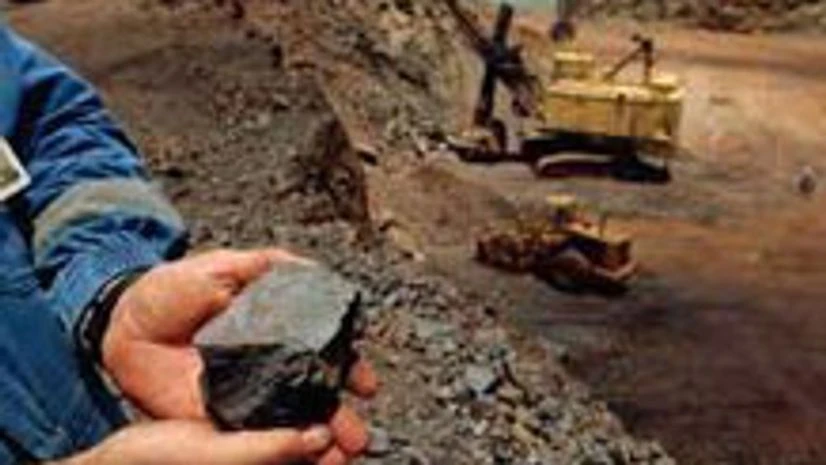In 2014-15, India imported 15 million tonnes of iron ore, an all-time high and for the second consecutive year the country's imports will far exceed exports. Exports out of the country is pegged at a meagre 4.5 million tonnes.
During this year, imports are likely to be around 10 million tonnes. This is despite reopening of mines in Odisha and the huge pile ups in several mines. But, the fact that international prices are continuing their downward journey and are ruling at below $50 per tonne CFR China would keep the interest of importers in the global seaborne trade. Also, inconsistency in supply of iron ore and availability of high grade ore at cheap prices will be encouraging for the steel mills to keep their import intact.
Indian steel mills, which do not have captive mines, require around 95 million tonnes of iron ore per annum.
JSW Steel, which was the largest importer last year at 10 million tonnes, will continue to be the major importer in FY16. Other importers include Tata Steel and Welspun among others.
"This year, we are going to increase our capacity utilization above 90%. Though the availability of domestic iron ore will improve during the year, we will continue to import to meet the requirement at our plants. However, we may not import as much as last year and might end up at around 6 million tonnes from places like South Africa," Vinod Nowal, deputy managing director, JSW Steel said.
Tata Steel, which imported around 2 million tonnes last year, is expected to import this year too to feed its Kalinganagar steel plant, which will be operational, analysts tracking the sector said.
More From This Section
Last year, imports took place at $70-90 per tonne and this year, prices are hovering around $50 per tonne, which is a good enough reason for the mills to import iron ore containing very high grades, Nowal added.
He, however, said price correction carried out by NMDC last week was not enough. Instead of Rs 500 per tonne reduction in prices of fines, they should have reduced by at least Rs 1,000 per tonne, he said.
"The recent correction of Rs 500 per tonne in domestic prices of iron ore fines by NMDC is welcome. However, more downward correction in ore prices are required to ensure imports are totally avoided. We need to continuously evaluate this domestic pricing aspect of iron ore fines vis a vis import offers in view of continued pressure on global steel pricing as well," H Shivramkrishnan, Chief Commercial Officer, Essar Steel said.
The production of domestic iron ore is pegged at 137-140 million tonnes for 2014-15 and for the current financial year, a growth of 15% is expected. The growth will come from NMDC, mines in Karnataka and Odisha. Recently, Rungta has received EC nod for 16.5 million tonnes in Odisha. NMDC has announced that it would increase production by 20% to 35 million tonnes as against 31 million tonnes in FY15.
In Karnataka, production is set to increase by over 20% to 22 million tonnes in 2015-16. Goa is also likely to commence production towards the second half of this year.
"With the current prices in international market, there will be no scope for Goan miners to export. Moreover, the prevailing 30% export duty on iron ore and differential freight tariff charged by the Railways will not encourage exports to happen," an analyst said.

)
